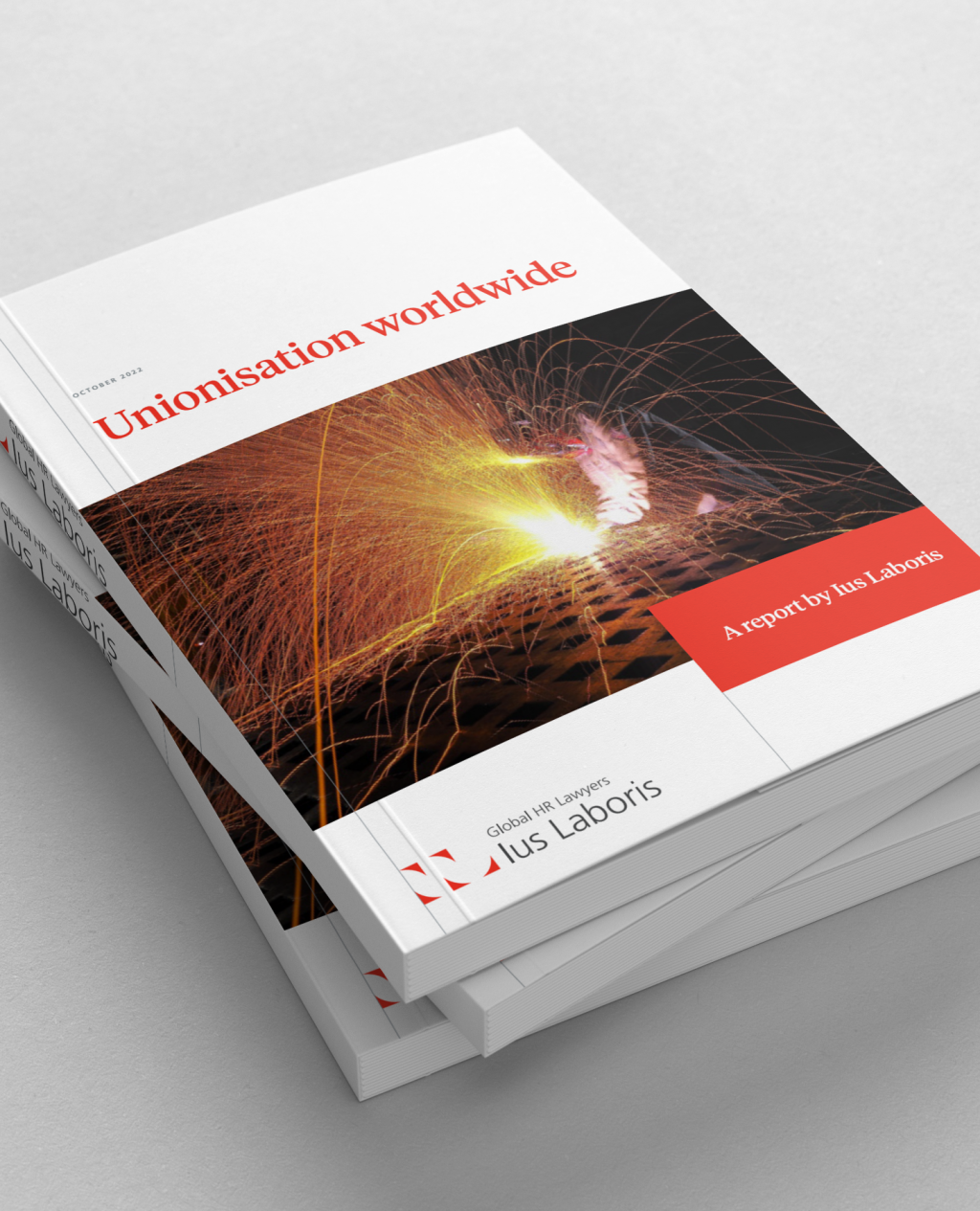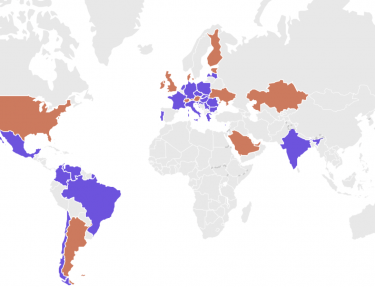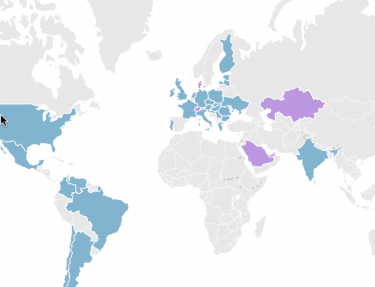In some parts of the world, the power of the unions has been slowly diminishing. The extent of this phenomenon has varied widely by country, but the trend has usually been there. However, since Covid and the war in Ukraine, there are signs that trend may be reversing, as more and more people seek out the means to negotiate wages that keep pace with growing inflation and anchor themselves in some form of stability in a rocky world.
The unions’ remit used to be about providing collective bargaining on wages and working hours and not a great deal else – and in the short term today, wage negotiations are back at the top of the agenda for their growing membership. This is as true in Europe, hit hard by the energy crisis provoked by dependence on Russian fuel, as it is in the US, where inflation is driving the trend.
In the short and medium term then, the unions have a clear and prescient role to play, but in the longer term, it’s uncertain whether the latest surge of union activity truly reflects a new lease of life for the unions. Only time will tell.
What will influence the outcome is the extent to which the unions succeed in remaking and expanding their traditional remit and remodeling how they operate. On this latter, having been caught a bit off-guard by Covid, when physical meetings ceased to be an option, some are now taking a serious look at technology and investigating how to ensure their members feel properly connected to the union they’ve joined. On remit, the unions’ concerns probably need to go beyond the traditional ‘time and hours’ concerns, because the reality is that they have competition: on many of the issues that workers think of as pressing, such as climate change, they can often feel more productively represented by the new host of plucky activists and NGOs. ‘How to compete’ is the question they need most urgently to address.

Below, we take a look at the composition of union membership and how that has changed over time and, in order to capture the essence of union power or lack of it in a country, we ask 2 key questions: 1) if workers strike, is it lawful to replace them with temporary workers? and 2) it is lawful to dismiss people for going on strike?
For more information worker representation









